Mayor Don Iveson has unveiled a new approach to what he’s called “Edmonton’s toughest budget in a decade.”

On Tuesday morning, the mayor released his five-point plan.
A key component in the plan is introducing a locally based levy that will be charged to developers and then passed along to new home buyers in new neighbourhoods.
The mayor said the change would relieve pressure on Edmontonians by not increasing taxes to homeowners and businesses that will not get a benefit from a development.
“Just as it’s probably not fair to ask a homeowner in Cameron Heights to pay for a new back lane in Bonnie Doon.”
Watch below: Mayor Don Iveson stopped by the Global Edmonton studio to answer the most pressing questions facing the city, including concerns over property tax increases.

Population forecasts expect that the number of people in Edmonton could nearly double from the current 899,000 to 2.1 million.
The province has changed legislation allowing cities to charge, through developers, enough to supply new neighborhoods with fire halls, libraries and rec centres. One of the projects where a new tax system could be implemented is the $200 million required for the Lewis Farms Rec Centre.

Get weekly money news
“It may be a pathway to get the project built, where if some portion of it is city-wide benefit because it’s a destination rec centre, that could be still borne by the general property tax pool,” Iveson said.
“If there’s a benefit arguably to certain areas in the west end, maybe for $50 a household maybe we could get it built without having to go do a one- per-cent-across-the-board property tax increase for everyone,” Iveson said.
BELOW: Gallery of the schematic design of the Lewis Farms rec centre.
Iveson said he’s heard “loud and clear” from local businesses that they want change.
“What we’ve heard from the business community through the chamber and Prosperity Edmonton is that they are tired of paying for that infrastructure,” Iveson said. “They haven’t said that exactly, but they’re tired of the taxes that have gone up to pay for that infrastructure historically.”
“Through some creative thinking and some commitment to restraint, I think we can position Edmonton well for the next decade and my five-point plan will move us in that direction.”
Watch below: Mayor Don Iveson responds to questions regarding the most pressing questions concerning Edmontonians, including the city’s public transit system.

Based on a 2016 report, the city will end up spending $10.6 billion on new infrastructure, as well as long-term maintenance and eventual renewal for three soon-to-be built neighborhoods — Decoteau in the southeast, Riverview in the southwest and Horse Hills in the northeast — even with private developers spending $3.8 billion to build them.
Iveson also called on the city to obtain a new deal from the province and put a cap on spending.
Iveson will also outline attempts to obtain more money from the Notley government prior to the budget talks.
“Provincial infrastructure grants have been reduced while our city keeps growing,” Iveson said, calling for a new deal.
Iveson has also referred to the program and service review that the city has undergone looking for effective ways to trim spending.
Edmonton’s mayor is critical of decisions that were made in the Ralph Klein era when it came to money on roads, sewers and other infrastructure — spending on these areas fell behind at the time, he said.
“We must continue with our support of neighbourhood renewal, investments in Yellowhead Trail and expanding our LRT network to keep Edmonton moving,” he wrote.
City council must also limit new spending, Iveson cautioned.
He said various parties will be looking for more money but “any new spending must deliver long-term efficiencies and a return on investment for Edmonton taxpayers.”
Iveson will make the five points ahead of the budget debate. Council will see the capital budget on Oct. 23 and the operating budget on Nov. 7.
A public hearing will take place on Nov. 15, when groups like the Edmonton Chamber of Commerce are expected to respond.
Watch below: A few lesser-known facts about Edmonton’s mayor.

Budget deliberations will begin on Nov. 28.
The Edmonton Chamber of Commerce issued a statement Tuesday afternoon commending Iveson for prioritizing cost reductions and tax competitiveness, adding many local businesses have been pushed to “the breaking point” by recent decisions by all orders of government.
“It is essential that these positive initiatives yield meaningful results in the upcoming city budget,” chamber president and CEO Janet Riopel said. “The viability of many businesses, and our ability to attract new investment, is at stake.”
She said the chamber would continue to work with the mayor and council and supports a focus on: “Taking a hard look at previous spending increases and giving thorough scrutiny to new spending.”








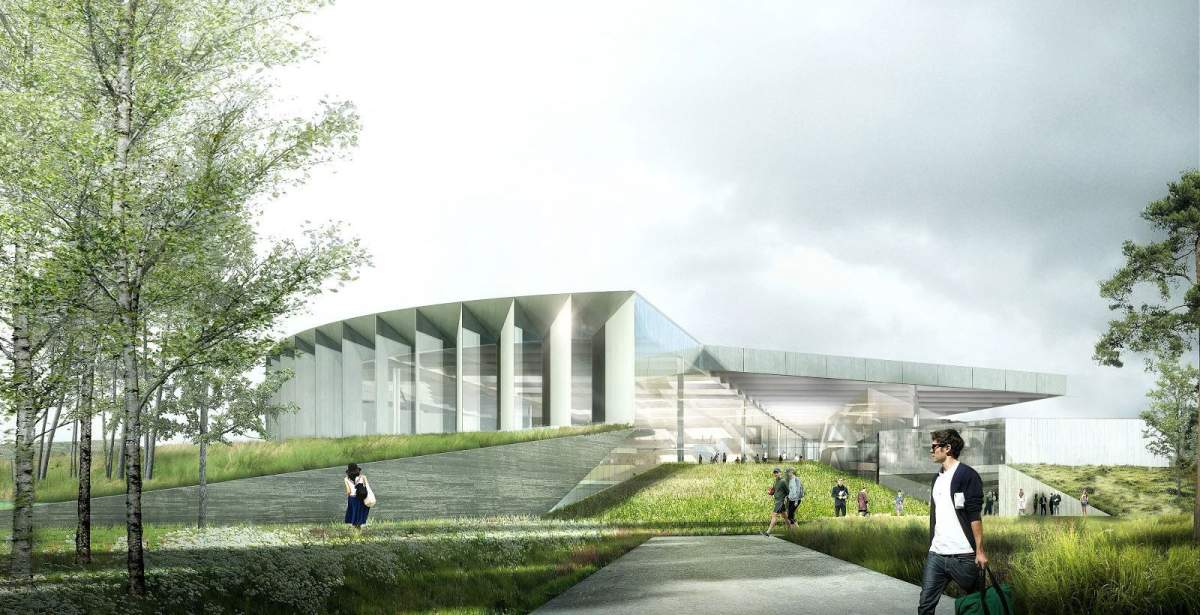

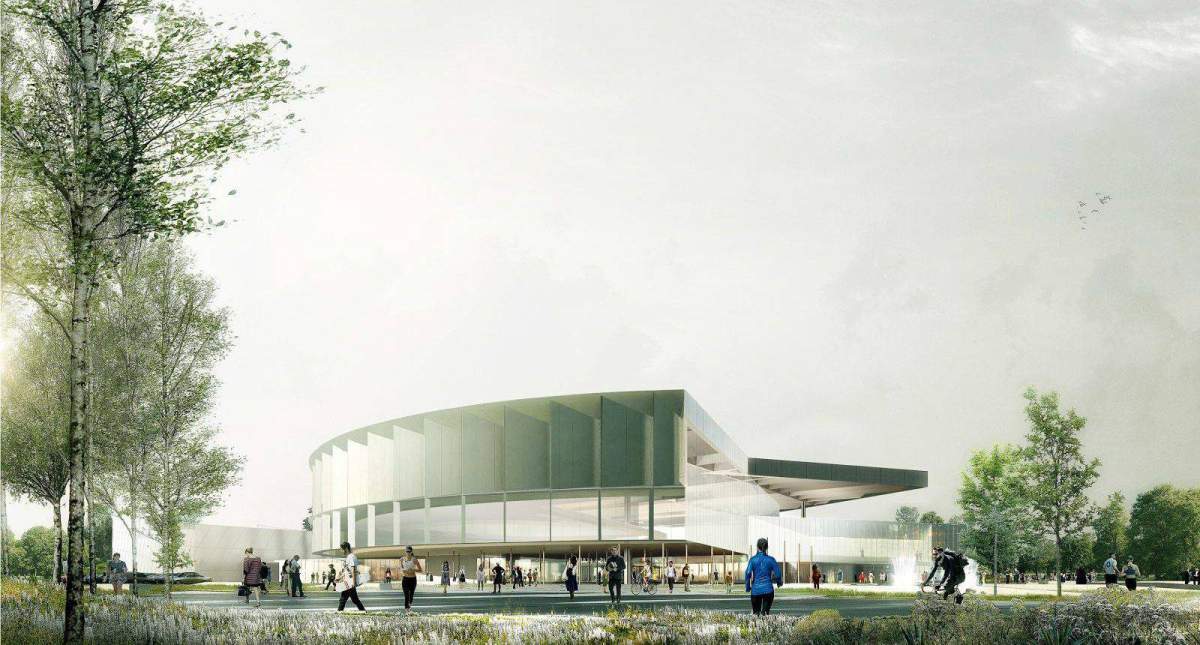



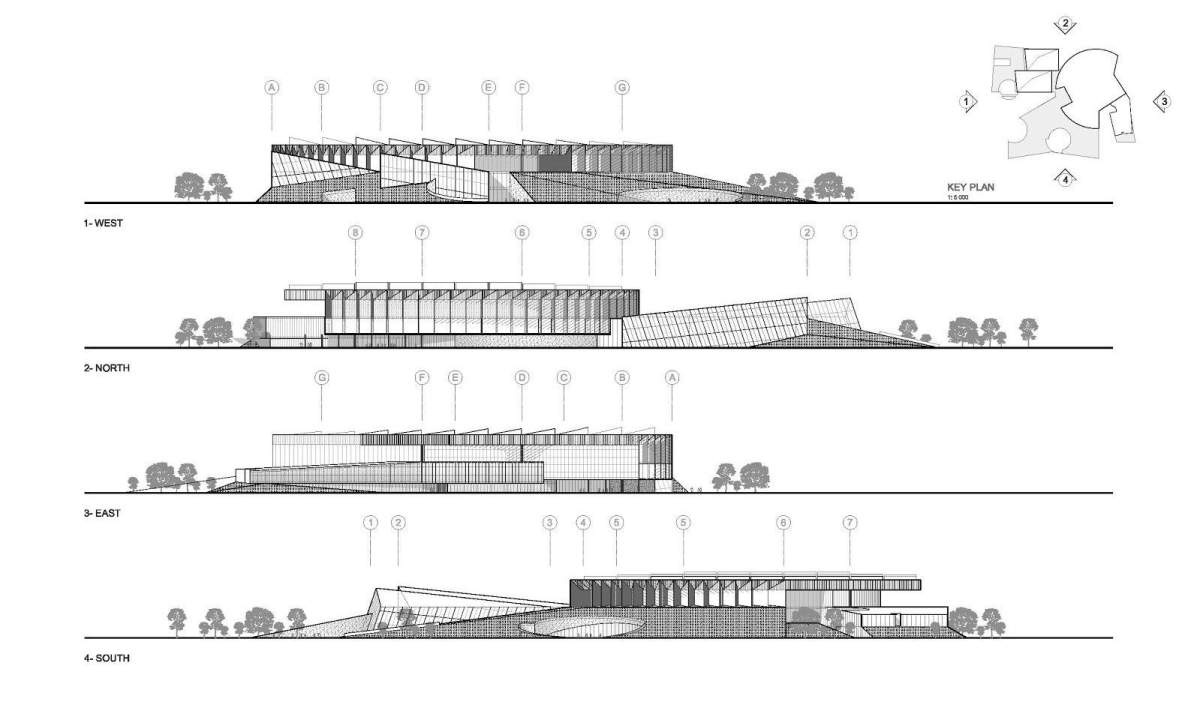

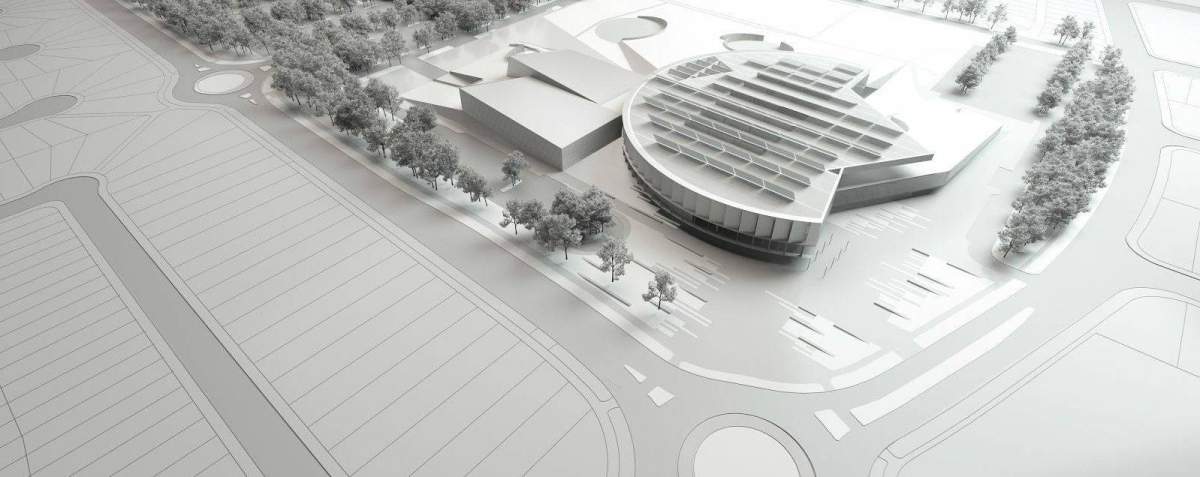

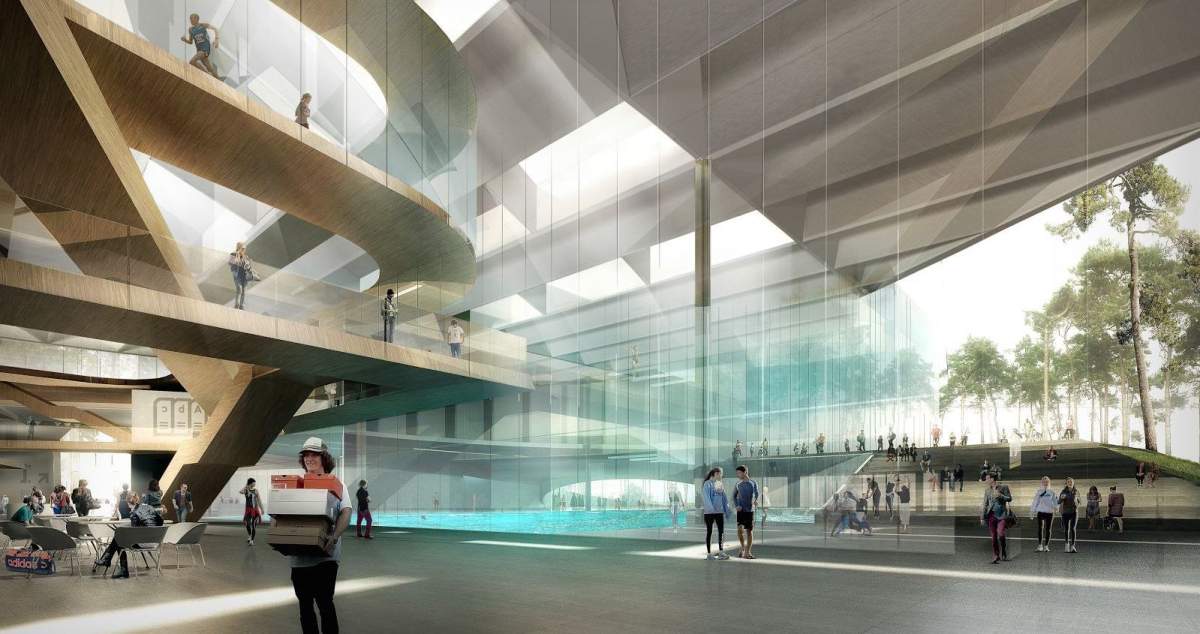

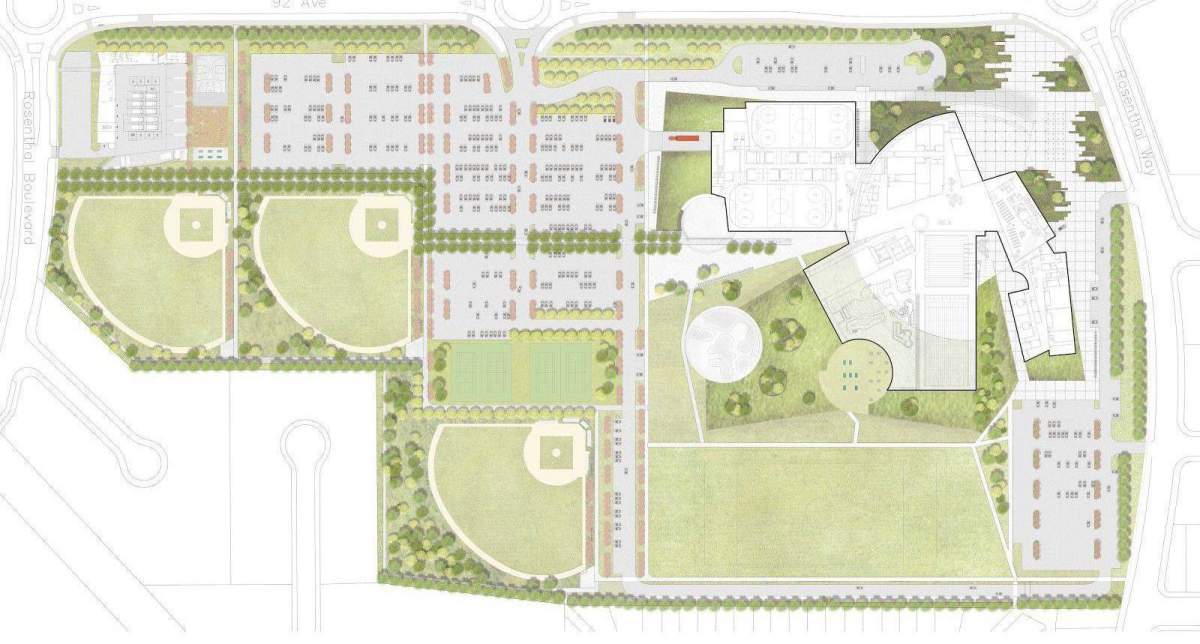

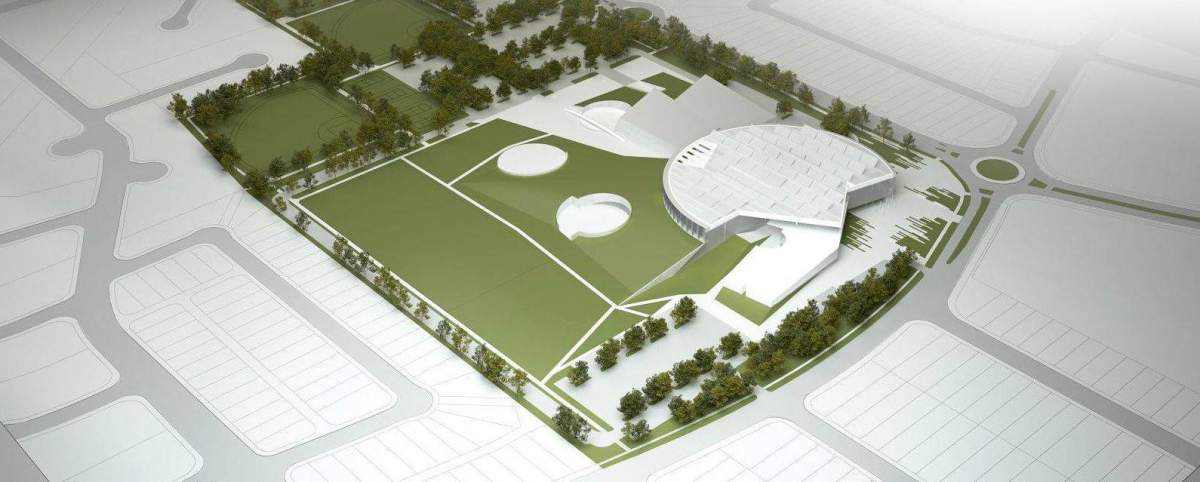
Comments
Want to discuss? Please read our Commenting Policy first.